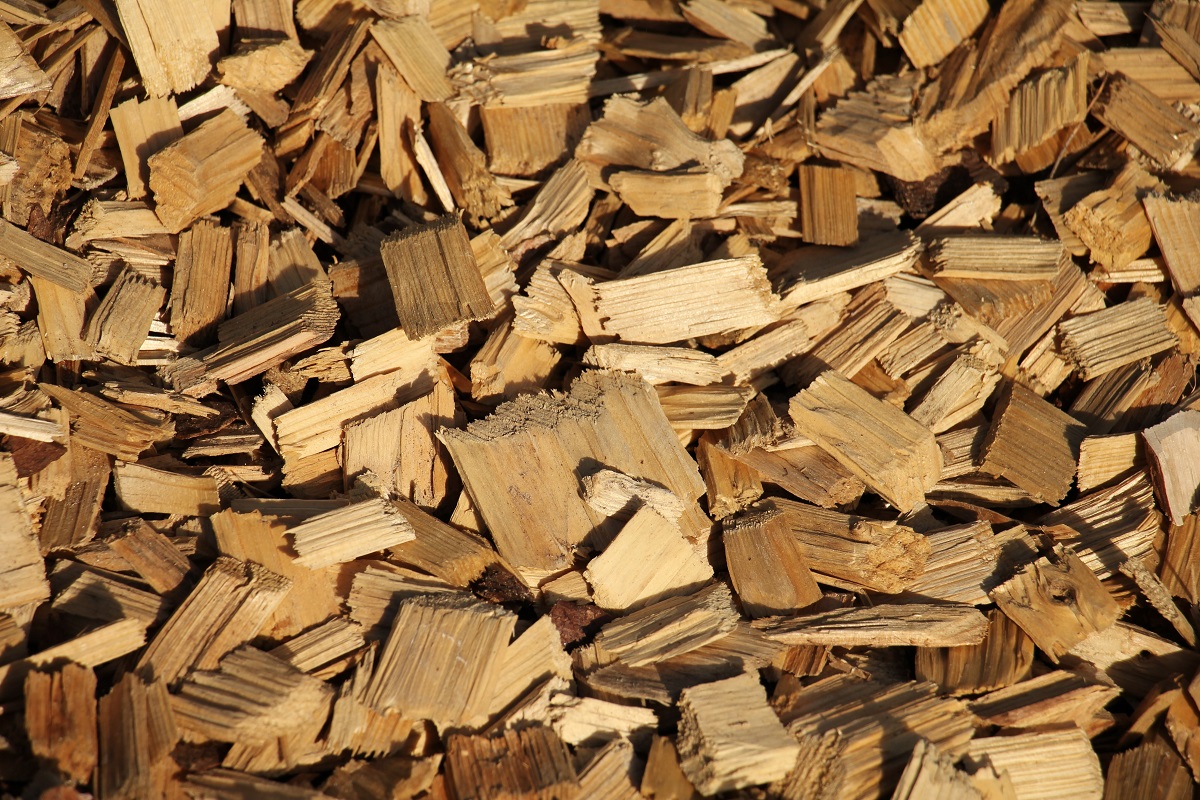Berlin received a $19 million government subsidy to use the waste heat from Burgess BioPower, a biomass plant, to melt snow off its roads and parking lots during the winter, The New Hampshire Bulletin reported.
According to Berlin Mayor Paul Grenier, constructing the heating system will also enable the city to rehabilitate two kilometers of roads in the downtown region as well as a damaged bridge. Only about 10% of the waste heat produced by the biomass plant, which burns low-grade wood to produce power, will be utilized by the project.
The project, which links tourism and renewable energy generation, was praised by the state’s congressional delegation. The grant program for Rebuilding American Infrastructure with Sustainability and Equity provided the funds.
The city’s collaboration with the plant, according to Grenier, will serve as a persuasive example to draw other enterprises that may make use of the leftover waste energy on the plant’s 60-acre land.
Although biomass is seen as a renewable energy source, some environmentalists are concerned about it because it produces carbon and trees take a very long time to regenerate. While the efficiency of Burgess BioPower is only about 25%, it can be increased by utilizing waste heat. The heat produced by burning the wood is now being released into the environment.
Previous tries to co-locate enterprises on the Burgess campus have failed, including a 2019 proposal to put a greenhouse there that would run on waste heat.

